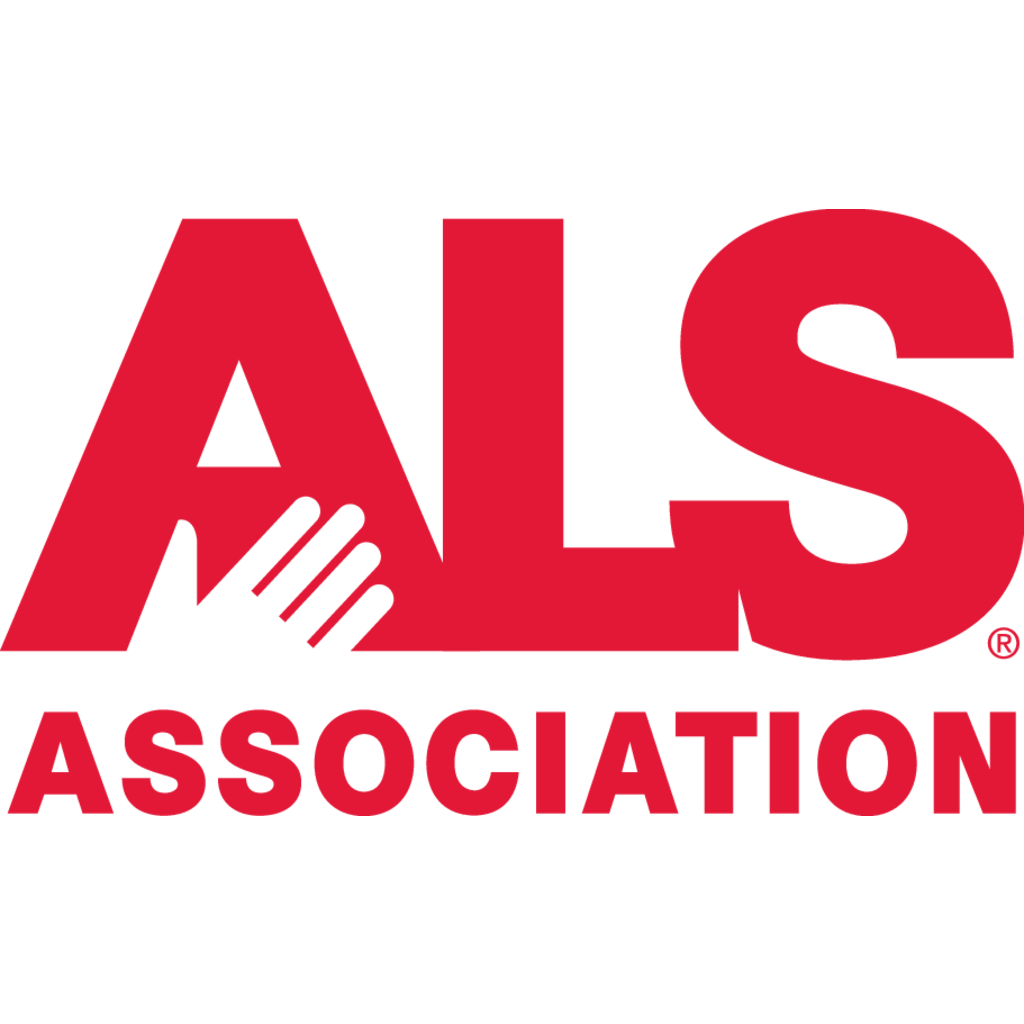Our mother was nothing short of incredible. Inside and out, she was beaming with positivity, exuberance, and love. She was intelligent, loved to laugh, and was very outgoing. She was kind to everyone she met and loved to share her story. But most of all, she was a loving mother who was so proud of her five children.
Karin, the second oldest, inherited my mom’s gregarious spirit and business savvy. My two brothers, Dylan and Reed, and I are triplets and are as different from each other as three people can be, except for the stubbornness that we all got from our mom.
All five of us are in our thirties now with busy lives and are spread out across the country. We get together here and there, but to have everyone at the same place at once is a special and rare occurrence.
So, when my mom got her diagnosis and we all came together to support her, I know that meant the world to her.
Our mom was no stranger to struggles (the least of which was having five kids!): from rheumatic fever, a stroke at age 32, a divorce, and finally, her ALS diagnosis, there was never a hurdle she did not face without positivity and optimism.
Yes, there are struggles, grief, loss and unbelievable pain that come with ALS; but there is also hope, humility, grace, and unbelievable beauty. Our mother lived exactly one year from her diagnosis to her death on August 26, 2022.
Through her darkest and unimaginable difficult circumstances during her illness, and through her death, we found that her journey wasn’t about how to face the end; our mother showed us how to live.
It was a hot day in June when we got a text from mom on our family group chat. “Hi guys, I wanted to let you know that I went into the ER yesterday. I had been picking up sticks in the backyard and felt unable to walk (balance + no energy). My blood pressure was 190/90 which is VERY high for me. They did a CT scan and MRI and found NO evidence of another stroke or other heart problem. I was released at 7:30 and will make an appointment with my neurologist on Tuesday. Just wanted to keep you posted!!! Love you all!!”
Unwittingly, this text started our journey with ALS. Of course, we looked for all the obvious answers: heat stroke, poor diet, or maybe the pandemic caused her to be out of shape, but we always ended up blaming it on “the stroke.” Our Mom suffered a stroke that was discovered while she was giving birth to our oldest sister, Lindsey. Being naturally athletic and physically fit all of her life, after her stroke my mom had a bit of a limp, couldn’t run, and her balance was getting worse with age—now 69 years old.
After the text message, we started cooking for her more and getting her to eat better. It was during one of these home-cooked meals that another incident happened. In the middle of a dinner with friends, she started choking. Her husband rushed to give her the Heimlich maneuver. We were all shaken up by the event, but apparently this had been happening more and more often. My mom promised she wouldn’t try to talk while eating anymore.
We all grew increasingly worried. My mom’s speech was off, and her energy was low. Something was wrong and, after a while, we couldn’t deny that these symptoms were connected, and these incidents weren’t happening at random. My mom had done all the tests she could with her local neurologist. The solution they thought might help was an injection into her spine. Her walking was getting worse because of her not being able to pick up her feet enough.
Serendipitously, Lindsey had made a connection with someone at Mayo Clinic, and she insisted Mom go there. Despite trusting her local neurologist, my mom listened to her gut and wanted to get a second opinion. Lindsey made the call and my mom and her husband made the arrangements for their first trip to Mayo. Unknown to us at the time, the connection Lindsey had made was to a doctor who happened to be an ALS specialist.
My mom had tests all day. I hadn’t been worried; I was curious to get to the bottom of whatever was wrong with her. She had always been in good health. She swam, did yoga, and went on walks regularly. Besides her eating habits—which consisted of protein bars, frozen pizza, and low-fat ice cream—I can’t remember ever having seen her down with a cold.
I didn’t know what it was, but I started to cry anyway. I heard the fear, the sadness, the hopelessness in her voice. I told her it would be okay and to call everyone she had to call. I immediately did some research, and my heart broke completely. I sank into myself and the physical world I had been living in just a second ago, stopped existing completely. There were a million thoughts and questions swirling in my head, but the only one I could form was “My mom has ALS.” I knew with each passing second and minute as the reality sunk in, I would never be the same again.
We sat with my mom on her porch that humid night. Wind and rain started. We got everyone on the phone and talked for hours about reassuring thoughts and promises of togetherness. Of cures and treatments and my mom’s strength to overcome it. If she hadn’t been so tired, I would have stayed there, holding her hand until the sun came up.
That night was the longest night of my life. I woke up crying. I couldn’t fathom a world without her. I couldn’t quantify the pain or the sadness. ‘Not her. Please, not her,’ I thought. I couldn’t imagine what she was going through, or what the future would look like. There was just emptiness, guilt, and uncertainty.”
I started researching right away, joined all the ALS Facebook groups, and joined my first ’Caregivers of ALS’ support group right after the diagnosis. I accidentally joined the ‘Patients of ALS’ support group and was taken aback by what I saw, I’ll admit. The reality of it was frightening. Still, I found it helpful, and I urged my family to join, too.
My mom, true to form, took an optimistic approach. She started to say, “Ya know? Life is terminal!” And incorporated into her morning routine a saying, “Today is another great day!”
The next big milestone was her second Mayo Clinic appointment. Most of our family went, but only some of us could join her in the doctor's office so we waited in the waiting room and listened in via Zoom. We had all done our research. We had all the right questions to ask. How do we fight this? What about this new treatment? What happens next? How do we prepare?
The ALS Association and clinic got her set up with everything. My mom got her first wheelchair, started voice banking, got pre-made meals delivered, and got equipment for handicapping her home. There was a lot to do, prepare for, and to worry about in those months but things started to settle into the “new normal.”
My mom started Radicava in January and was going to infusions, two weeks on, two weeks off. Those appointments really saved her. Every week it was someone else’s turn to take her. Her friends, her sister, her brother, my sister, Karin, etc. Everyone would take her to lunch afterward and she made a day out of it.
She was surrounded by people who supported her and who helped her to think positively. She raved about her nurses and knew all their names—and that they would give you the good cookies if you asked. During that time, there was a feeling of hope with the treatment and that carried her through.
She was dedicated to doing everything she could. I remember watching her do her pool therapy with such concentration and thinking, ‘If anyone could beat this out of pure determination alone, it would be her. Why couldn’t she get a curable disease?
Those hospital days were hard—visiting hours, eating hospital cafeteria food, and swapping wristbands to get more visitors in against the hospital guidelines—but we used my mom’s approach. We made friends with all the nurses, and we spent hours talking and laughing with my mom. When I look back now, those were wonderful days.
After that, there was no way to discharge my mom home, she needed 24-hour care, so we started the search for a safe place for her to live. Karin, my aunt, and I called every nursing home in the Twin Cities area. Little did we know it would be so difficult to find a place that would accept a person with ALS due to the complexities of the disease and the equipment needed to provide proper care.
We finally found a place and made her small little bedroom warm and cozy with all the lamps and essential oil diffusers again. My uncle bought her a leather recliner and my aunt brought a bird feeder for the window. My brother mapped out a plan for where her new furniture should go. We banded around her to get her everything she needed.
“Don’t spoil me,” she would say, and I would reply, “Ooh, I think you like it.” And a smile would form from the corner of her mouth. Family flew in and out and there were always nurses and doctors, and technicians coming and going. We didn’t know that there was a cost to all of her interactions.
There were so many things that we were learning with her on her journey with ALS. Her physical therapist told us “Her mind is writing checks that her body can’t cash.” We didn’t understand that with this disease, while my mom's mind wanted all the excitement and to see everyone, she wasn’t physically able to exert that amount of energy. After that, we started a strict two-visitor-a-day policy.
Through the summer, she grew more and more tired. There were constant worries about aspirating and pleading for her to use her BiPap Machine even though it was uncomfortable. She needed full-time care around the clock. Even the little swab of water was too much of a risk to give her. The little joys she had left were slowly getting fewer and fewer. The discomfort of living was now surpassing her will to keep going and starting hospice was a difficult decision she needed to make.
My mom showed us what true strength, dignity, and grace is. She taught us how to find the good in any situation and be grateful for it. And above all, she taught us to always have humility and humor.”
I hope to pass that along to others reading this. ALS needs funding, we need to find a cure, and we need to raise awareness. No one deserves to get this diagnosis without hope to overcome it. Please share this story to spread the word and remember Lindy’s lessons, that “today is another great day.
Contributed by the Laura Kildow and Lindy's whole family


